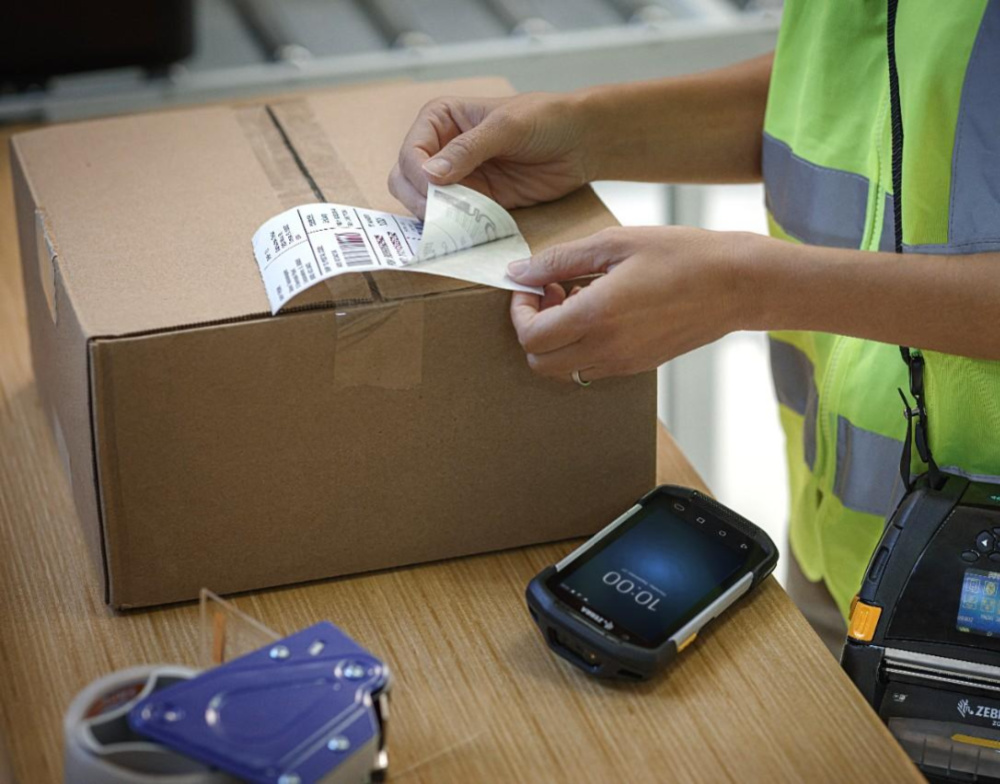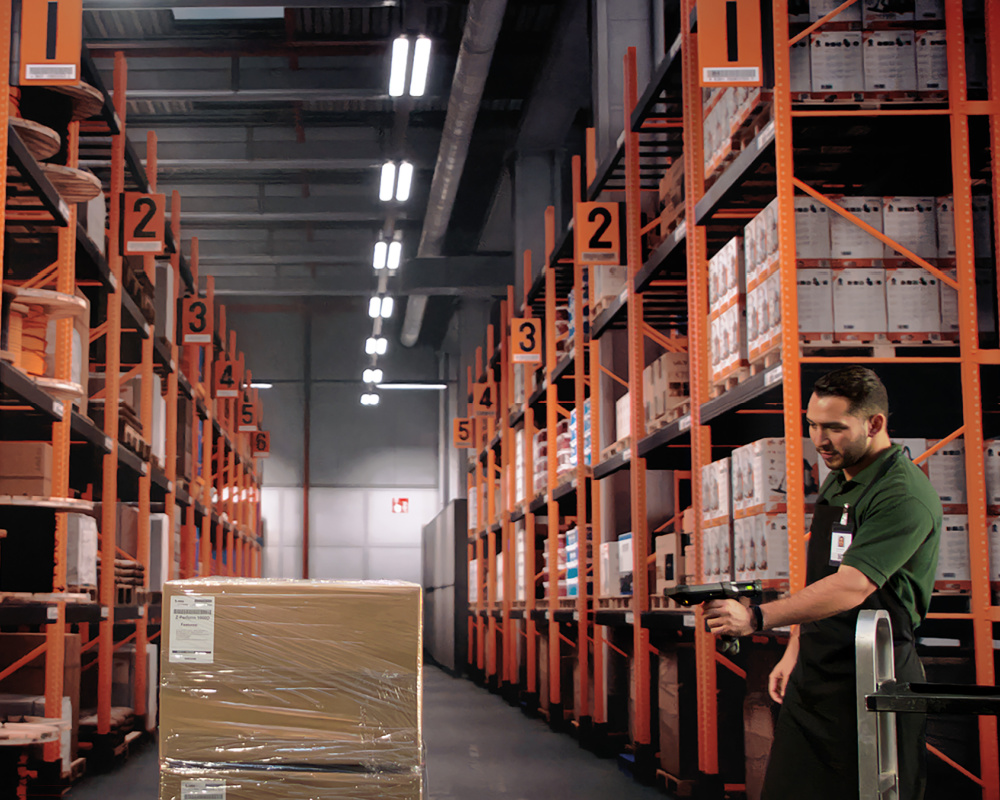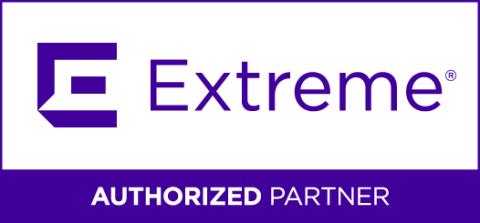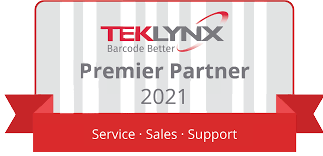
In the ever-evolving landscape of healthcare, Radio-Frequency Identification (RFID) technology has emerged as a game-changer, offering a myriad of advantages that significantly impact hospital operations. From enhancing patient safety to optimizing inventory management, RFID has proven instrumental in elevating the overall efficiency and quality of healthcare services.
Advantages of RFID in Hospitals
-
Enhanced Patient Safety and Care: RFID technology plays a crucial role in patient safety by ensuring accurate and efficient tracking of medical equipment, medications, and even patients themselves. RFID-enabled wristbands help prevent medication errors, ensuring that patients receive the right treatment at the right time. Moreover, RFID assists in monitoring the movement and location of patients within the hospital, improving response times during emergencies.
-
Optimized Inventory Management: Hospitals are complex environments with vast inventories of medical supplies, devices, and equipment. RFID simplifies inventory management by providing real-time visibility into stock levels, expiration dates, and usage patterns. Automated tracking minimizes the risk of stockouts, reduces waste, and ensures that critical supplies are readily available when needed.
-
Streamlined Asset Tracking and Management: RFID tags attached to medical equipment, such as wheelchairs, infusion pumps, and defibrillators, enable hospitals to monitor their location and usage. This reduces the time spent searching for equipment, enhances asset utilization, and contributes to cost savings by preventing unnecessary equipment purchases.
-
Efficient Workflow and Patient Flow: RFID technology facilitates the seamless movement of patients and medical staff throughout the hospital. RFID-enabled badges for healthcare providers automate attendance tracking, ensuring accurate records for payroll and compliance. Additionally, RFID supports efficient patient flow by minimizing wait times, optimizing appointment scheduling, and enhancing the overall hospital experience.
-
Secure Access Control and Patient Privacy: RFID-based access control systems enhance security by restricting access to authorized personnel only. This not only safeguards sensitive areas like laboratories and pharmacies but also protects patient privacy. RFID-enabled identification ensures that only authorized individuals have access to patient records, contributing to compliance with healthcare privacy regulations.
-
Accurate and Rapid Diagnostic Testing: RFID technology can be integrated into diagnostic testing processes, providing an automated and error-free way to match patient samples with their corresponding test orders. This reduces the likelihood of mislabeling and enhances the accuracy and speed of diagnostic procedures, leading to quicker and more reliable results.
Key Statistics about RFID in Hospitals
In the dynamic realm of healthcare, embracing RFID technology is not just a choice but a data-driven imperative. Let’s delve into the statistics that underscore why healthcare workers should champion the implementation of RFID in hospitals:
-
Medication Error Reduction: Studies reveal that RFID systems contribute to a staggering 80% reduction in medication errors. This monumental improvement ensures that patients receive accurate medications, significantly enhancing patient safety.
-
Asset Utilization Efficiency: Hospitals witness an average asset utilization increase of 15-20% with RFID-powered asset tracking. This means healthcare professionals spend less time searching for equipment and more time focusing on patient care.
-
Workflow Optimization: RFID-enabled workflow automation leads to a notable 50% reduction in manual tasks. This efficiency gain translates into more attentive and timely patient care, with healthcare workers empowered to prioritize clinical tasks.
-
Infection Control Impact: RFID aids in swift contact tracing, reducing the time spent identifying potential exposure sources by up to 70%. This is crucial in mitigating the spread of infections within healthcare facilities.
-
Patient Satisfaction: RFID implementation correlates with an impressive 30% improvement in overall patient satisfaction score. From streamlined administrative processes to quicker responses to patient needs, RFID enhances the entire patient experience.
These real-world statistics underscore the transformative impact of RFID on healthcare operations. Beyond the theoretical advantages, the tangible outcomes demonstrate that RFID is not just a technological upgrade; it’s a proven catalyst for elevating healthcare standards and ensuring both patient and staff well-being.
Is Your Hospital Ready For An RFID Deployment?
The adoption of RFID technology in hospitals marks a transformative step toward achieving higher levels of patient care, operational efficiency, and overall safety. The advantages of RFID technology in hospitals extend beyond traditional healthcare practices, paving the way for a more connected, secure, and patient-centric healthcare ecosystem. As hospitals continue to embrace technological innovations, RFID stands out as a cornerstone for delivering enhanced healthcare services in the modern era. Take action today and Contact a ValuTrack Technology Specialist to learn more about how we can help you deploy a custom RFID tracking system into your healthcare organization.
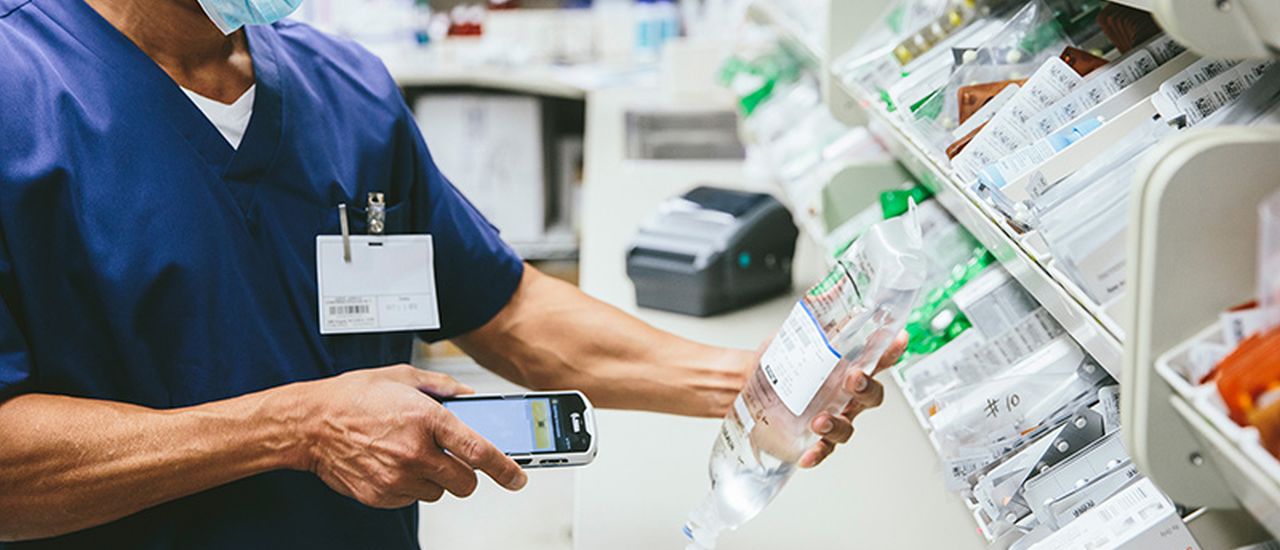
Explore ValuTrack’s RFID Services
When it comes to RFID, ValuTrack does it all. We provide a full suite of solutions and services, specializing in assisting organizations to achieve a higher level of efficiency and accuracy than ever before while freeing up human resources to focus on more important revenue-generating tasks. What sets us apart from the competition is our ability to reshape your organization by providing you with complete visibility of your assets so that you can make intuitive business decisions.
We’re Here to Help
Contact us to Start the Modernization Process
Looking for more information about a specific technology solution? Feel free to ask us about pricing, data sheets, and demos, or schedule a free in-person/online consultation for strategic guidance from one of our experts.
Fill out the inquiry form or contact us to start the process.



